This group of farmers in rural Himachal Pradesh led an organic revolution and are now starting their own shop
There has been a significant rise in the number of arguments over chemical versus organic fertilisers. Chemical fertilisers are synthetic in nature and artificially manufactured with refined ratios of nutrients bound with chemical fillers. Organic, on the other hand, are made with natural elements that undergo minimal processing, that is, the nutrients remain bound up in their natural form. The natural elements used in organic fertilisers are plant or animal wastes and/or powdered minerals.
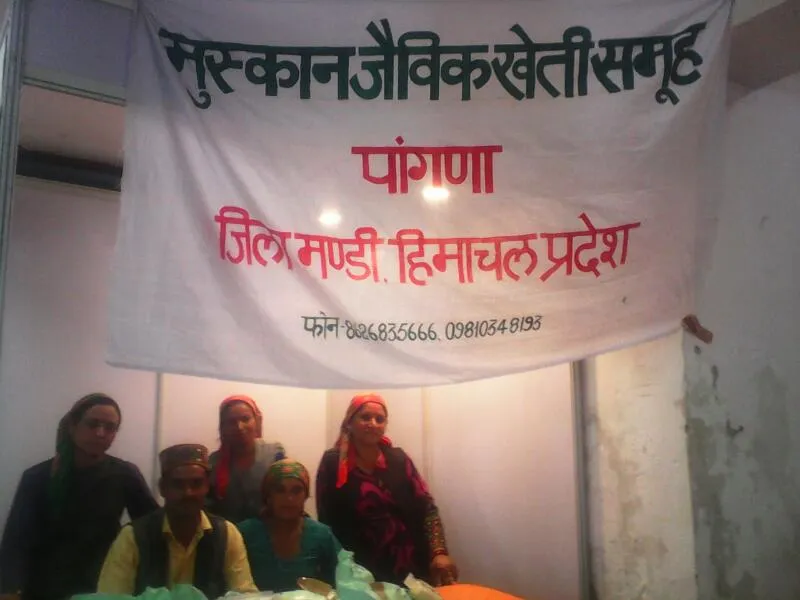
From the satellite images received by ISRO-led study, it was observed that nearly 30% of India’s soil has undergone degradation while 25% of the country’s geographic area is undergoing desertification; most of which is agricultural land. The conventional (that is, chemical farming) methods used are stripping the soil of its strength causing long-term damage as statistically seen.
The obvious solution to this is organic farming techniques. Organic farming techniques have been proven to improve the structure of the soil and increase its ability to hold water and nutrients. Having seen results from this methodology, many across the country have adopted this as their own, making organic farming techniques a force to be reckoned with in the agricultural world.
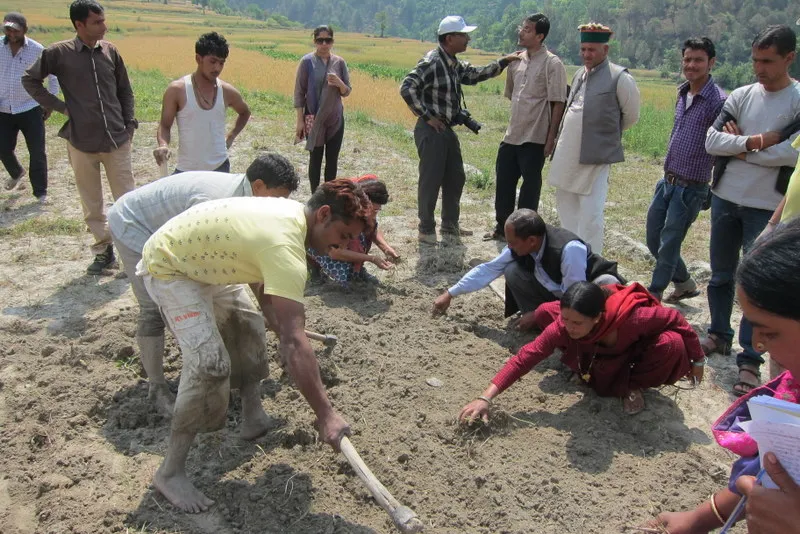
Stories of organic farming erupting in success have been swarming the news for quite a few years now.The Khedi Bhanauta Village in Greater Noida saw a union of six individuals - Nandini Diesh, Ramnish Tangri, Subhash Palekar, Dinesh Sharma, Vijay Bhasin and Amit Rana - who started the organic revolution in the area. Jayawant Patil, a 27-year-old farmer and IT geek in Pune, has started a website in order to connect organic producers with consumers. He has joined forces with 12 farmers from the area to help him out. Neetu Patel, an agri-entrepreneur, joins the organic business with her food store Future Farms which has been supplying fresh, organic produce along with the aim to change the way every city works. While there are few success stories, some are still climbing the ladder to success.
Pangna Shop
One such story is of a small village called Pangna, which is located in the Karsog valley of Himachal Pradesh. A group of farmers are looking forward to expanding their organic farming adventures to include more farmers.

After having implemented organic farming almost eight years ago and observing first-hand it’s wonderful results, Somkrishan Gautam has never looked back. He started his organic journey when he visited Delhi around 8 years ago, and now, at 40 years of age, he, along with 12 other farmers have decided to start the revolution of organic farming in their village. By growing more than 25 varieties of crops in their lands, they’ve perfected their skills in organic farming. They are now PGS certified.
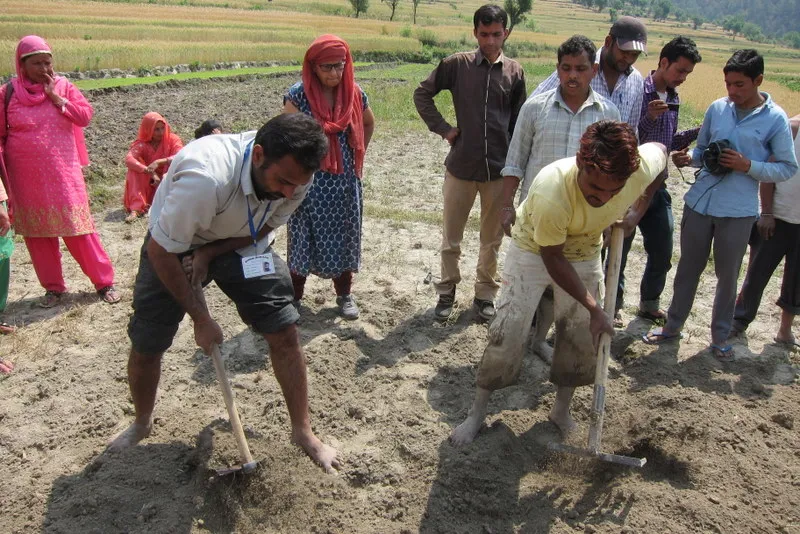
The biggest difficulty the farmers are facing in popularising their farming methods is their distance from the developed areas and the lack of funds and energy required to access their resources. The necessity to make their crops healthier and higher in nutritional value than conventional chemical farming demanded their full attention and Pangna Shop idealized.
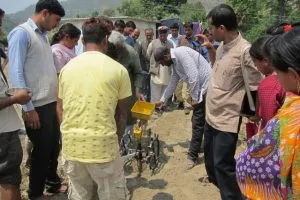
“The use of chemicals has reduced our production by almost 40%. Despite knowing the benefits of organic farming, a lot of our farmers cannot adopt this method because of the unavailability of inexpensive alternatives. Change is hard but we still have hope. Organic farming is gaining momentum now”, says Somkrishan, the man behind the idea.
Lend a hand
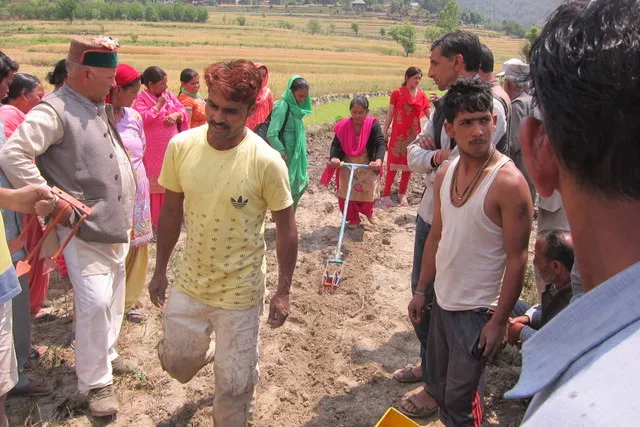
A crowdfunding campaign has been started to help the farmers in Pangna set up their shop. The local organic shop has been proposed to sell organic products to local as well as outside markets. The farms will raise the standards of the produce in the market by having better crops and healthy, naturally grown produce on the shelves. They hope to spread the word of the natural farming technique with their shop.







